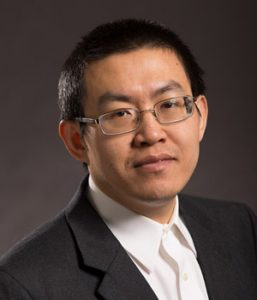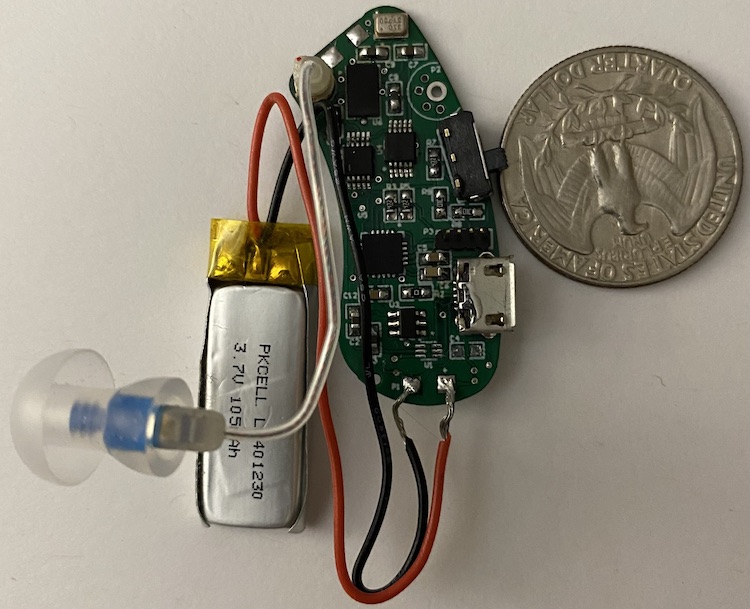
Congratulations to Yi Hu, associate professor of electrical engineering and computer science, whose submission for My Hearing Care advanced in March to the semi-final round of the 19th annual Wisconsin Governor’s Business Plan Contest. Hu is one of 55 semi-finalists from 24 Wisconsin communities whose entries were spread among four broad categories: advanced manufacturing (13), business services (15), information technology (16) and life sciences (11).
My Hearing Care is developing an over-the-counter hearing aid that makes better hearing more accessible and more affordable for the millions of people suffering from mild to moderate hearing loss. While the price of a pair of My Hearing Care hearing aids has not been set, Hu says it will be significantly less than a traditional pair. “One of my goals is for more people to be able to buy and use high-quality hearing aids,” he said. While 28.8 million American adults could benefit from hearing aids, Hu notes that less than 20% of this population use the devices.
OTC hearing aids are expected to hit the market later in 2023, a development that stemmed from a 2017 federal law that led the Food and Drug Administration to create a category of OTC hearing aids for adults with mild to moderate hearing loss. This could lessen the need for expensive and repeated visits to audiologists and remove barriers to use.
Soon people will be able to purchase a My Hearing Care hearing aid online, then fit and self-adjust the device at home using clinically established processes.
Building off past research in hearing technology
My Hearing Care builds off Hu’s 20 years of researching technology to help improve life for those with hearing loss, including recent research that aimed at helping people with mild to moderate hearing loss: a Personal Sound Amplification Product, or PSAP.
In 2019, the National Institutes of Health supported collaborative work between Hu and Christina Runge, professor in the Department of Otolaryngology & Communication Sciences at Medical College of Wisconsin, that led to an exclusive license for a Personal Sound Amplification Product (PSAP).
